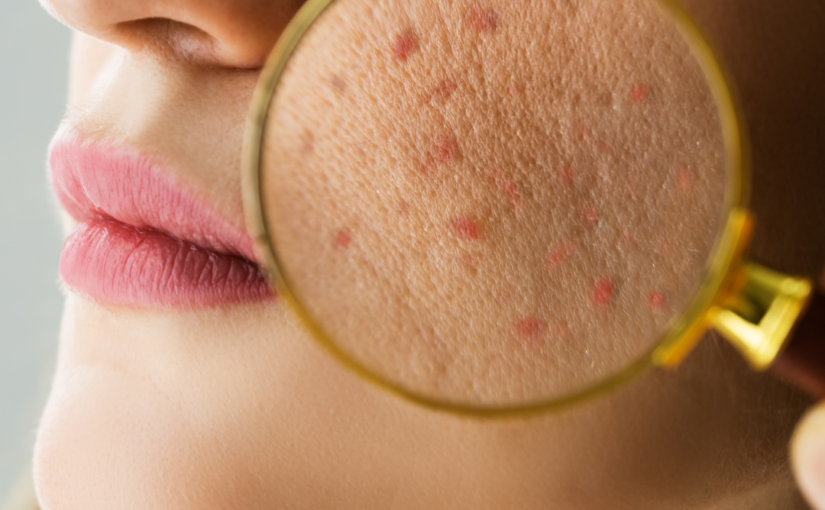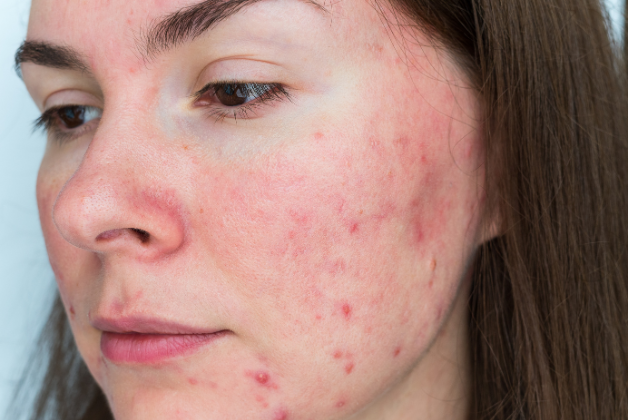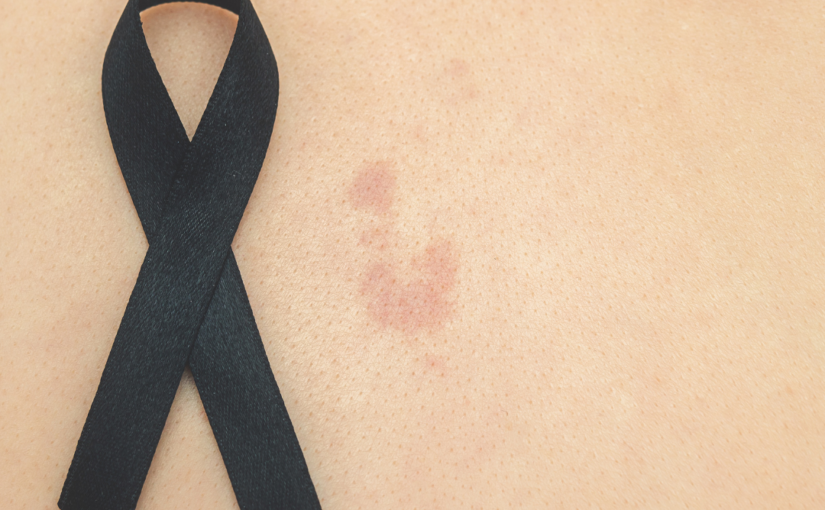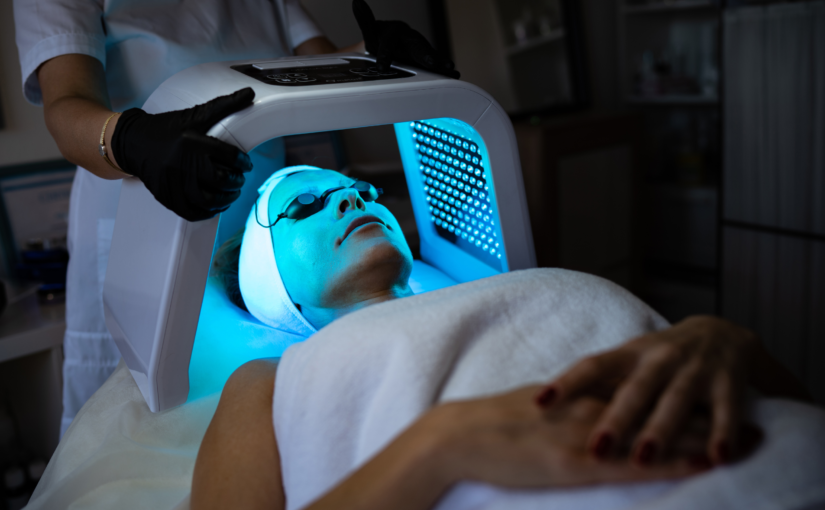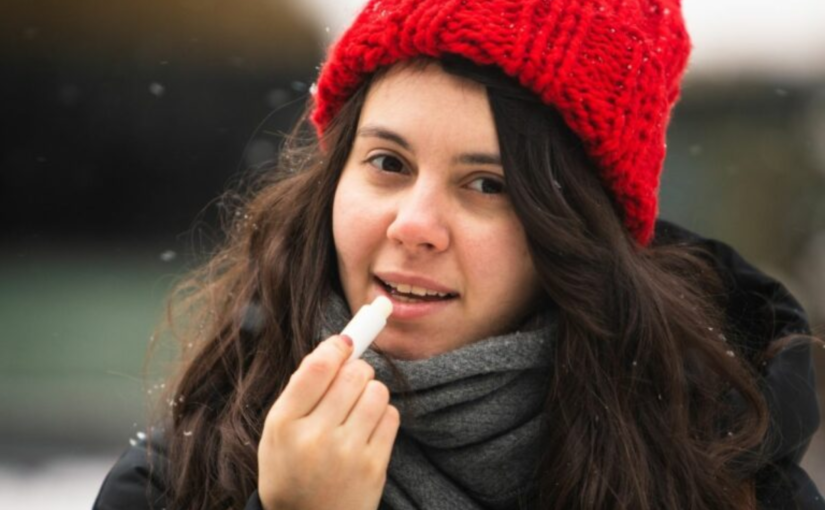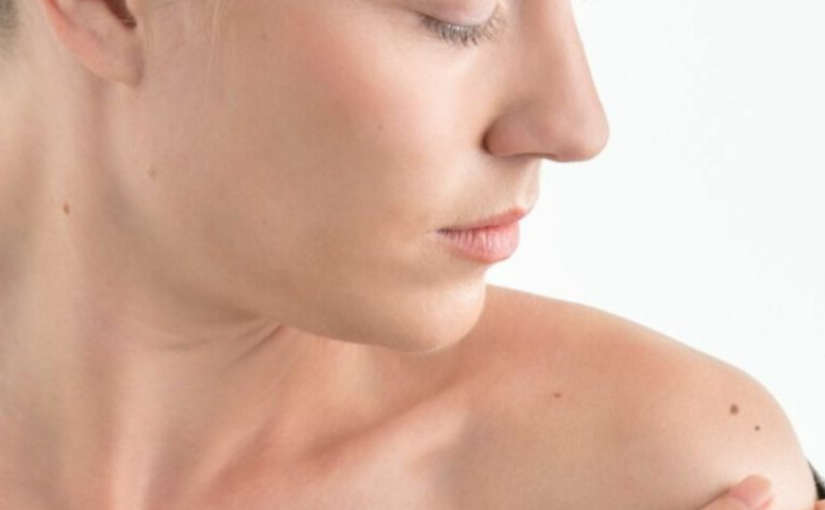In the ever evolving world of skincare, staying ahead with innovative solutions is crucial. Boots, a leading pharmacy chain, has recently launched a skin condition diagnostic app that promises to revolutionise how we approach skin health. Although this app offers some advantages in terms of ease and accessibility, it also comes with some drawbacks.
Our founder Rebecca explores both sides to give a balanced perspective on whether this is right for you and your skin concerns.
Benefits
Quick and convenient. This first thing that does stand out about the app is its efficiency. Users can quickly assess their skin condition with convenience, great for those with busy schedules.
User-Friendly. Deigned with simplicity in mind, it is user friendly and easy to navigate.
Affordable. Cost can very often be a barrier to seeking professional advice. This is a cheap alternative to traditional dermatological consultations making it accessible to everyone.
Professional collaboration. A strong point is its partnership with medical professionals. This ensures the advice and guidance is based on medical knowledge and protocols.
Discreet and private. For many discussing their skin conditions can be an uncomfortable experience. The app offers a discreet way to seek advice, which can be beneficial for those that feel embarrassed about their skin issues.
The Drawbacks
A lack of comprehensive questioning. While the app provides quick assessments, it falls short of gathering detailed information about the users family history, diet, and lifestyle factors. These elements are all crucial in understanding and diagnosing skin conditions accurately, and this omission can lead to incomplete assessments that can be the key to treating a condition successfully.
A focus on medication. Another significant limitation is the app’s apparent focus on prescriptive medication as the primary treatment option. While medication can be effective, it’ not suitable for everyone and for all conditions. Not all individuals want to go down the medical route, by not offering a broader range of treatment suggestions the app may alienate users would would rather seek alternatives.
Conclusion
Here at re/skin our consultations last around 1 hour, this allows a comprehensive approach, taking into account all factors that can impact the skin. By spending this time with our clients at the beginning allows us to not only get to know our clients and how they feel about their skin, but to build a trusting relationship that really is the foundation of getting great results.
In the world of skincare, no single solution works for everyone, it’s not a one size fits all. We need the time to navigate the whole picture when it comes to skin health, this can’t be done with just a photo and a few generalised questions.
It’s about finding the right tools and resources that suit your individual needs, and yes, this app will be right for some people that are seeking a quick, convenient and affordable way to get professional advice. However, it is important to be aware of its limitations and seek other professional services when necessary, especially as the evidence for a holistic approach to skin health becomes more and more apparent in this fast paced industry.
As always, re/skin is here to support you in navigating these options to achieving the healthiest skin possible. If you would like to explore our options or book your skin health consultation then please either give the clinic a call on 0114 236 2393 or book online here.

